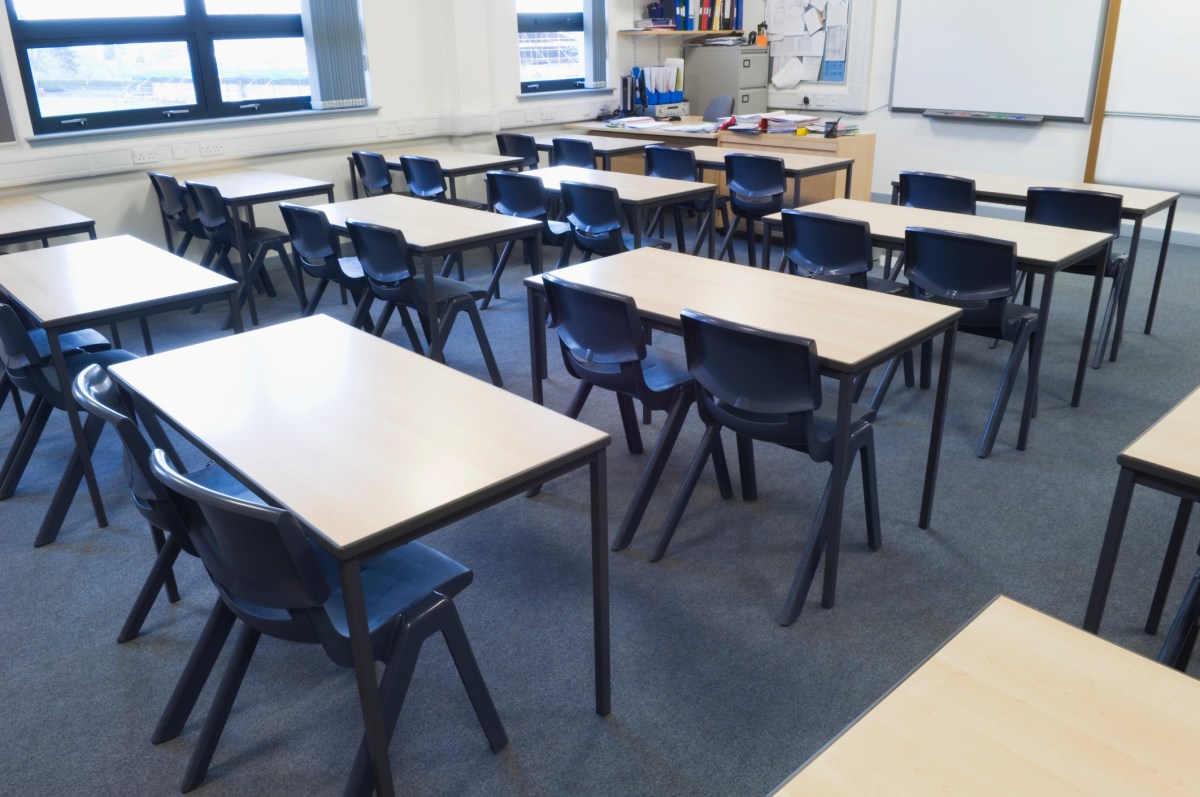When I think of high school, I remember jam-packed hallways, many faces without names and a host of teachers who I would never know and who would never know me. Trust that this kind of anonymity did have its benefit when I wanted to sneak beneath the radar or get away with something. Perhaps, however, being in a big pond did not lend itself to the kind of meaningful relationships and personalized learning that researchers have repeatedly associated with greater success in school and life.
As has been the case for the last twenty years, I work in a small school in a big city. After starting off my career in a large suburban school, the impact of size was very apparent when I made the shift to a small independent school. Anecdotally, I realized that I quickly came to know every student and family and, therefore felt more equipped to begin to address needs and teach to the strengths of my students. If I did not know the research then, I certainly had the qualitative experience to confirm that smaller schools made it easier to teach and learn.
According to the Coalition of Essential Schools, small schools are better at knowing and understanding students. As a result of knowing their learners better, small schools assign more meaningful work and deliver more tailored instruction. This kind of personalization extends beyond the curriculum and the student, as family and community partnerships are stronger as well. It is hard to argue against the benefits of a more personalized and meaningful education.
At Columbia Teachers College, pre-service teachers learn that the more authentic and meaningful the task, the deeper the learning will be. Research from Vanderbilt University’s curriculum expert, Grant Wiggins, demonstrated that if students find assignments relevant, they will see value in it, and thus deepen their learning. Decades of research into motivation have shown time and again that when students feel connected to a teacher and the material, they…
Read the full article here

Leave a Reply